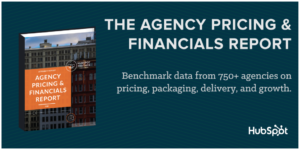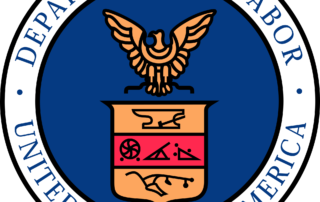Hey agency owner — measure what matters
Want more money in your pocket -- measure what matters. Many agency owners want their agency to be more stable, more profitable and more predictable. The truth is -- you can have all of that but it doesn't happen by accident. You've heard the expression "if you want it to matter, measure it" and that's [...]









